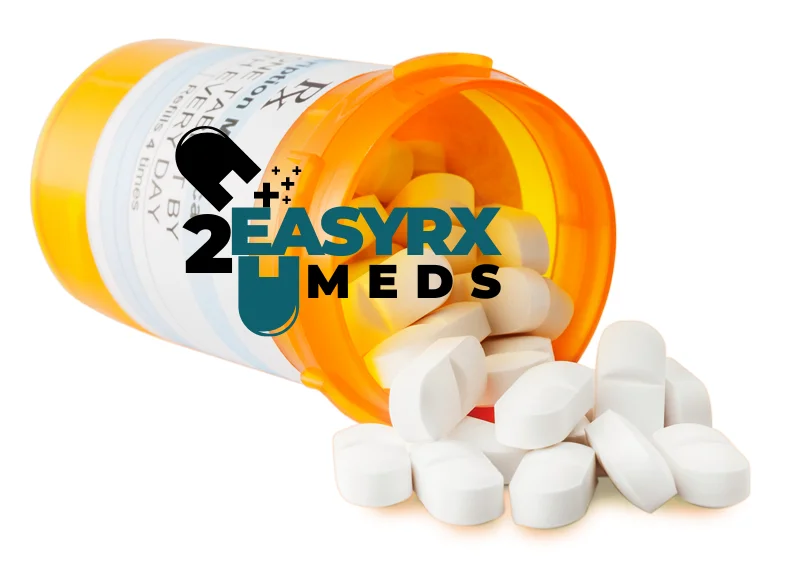Zoloft dosage is the brand name for sertraline, a prescription medication that belongs to a class of drugs called selective serotonin reuptake inhibitors (SSRIs). It is commonly prescribed to treat a variety of mental health conditions, particularly:
1. Depression:
Zoloft dosage is widely used to manage major depressive disorder (MDD), helping alleviate symptoms like persistent sadness, loss of interest in activities, and fatigue.
2. Anxiety Disorders:
This includes generalized anxiety disorder (GAD), panic disorder, social anxiety disorder (SAD), and post-traumatic stress disorder (PTSD). It works by regulating serotonin levels, a neurotransmitter involved in mood regulation.
3. Obsessive-Compulsive Disorder (OCD):
Zoloft dosage is commonly prescribed for OCD, reducing obsessive thoughts and compulsive behaviors.
4. Premenstrual Dysphoric Disorder (PMDD):
Women suffering from PMDD, a severe form of premenstrual syndrome, may find relief with Zoloft.
How It Works:
Zoloft dosage dosage works by increasing the levels of serotonin in the brain. Serotonin is a neurotransmitter that plays a key role in regulating mood, emotions, and sleep. By blocking the reuptake of serotonin in the brain, Zoloft allows more of this chemical to be available, which helps improve mood and anxiety symptoms.
Common Side Effects:
While effective, Zoloft dosage can have side effects, especially during the first few weeks of treatment or when adjusting the dose. Some common ones include:
- Nausea
- Drowsiness or insomnia
- Dry mouth
- Diarrhea
- Decreased libido or sexual dysfunction
- Dizziness or headache
Serious Side Effects:
In rare cases, Zoloft dosage may lead to more serious side effects, such as:
- Increased risk of suicidal thoughts or behavior (especially in young adults)
- Serotonin syndrome (a potentially life-threatening condition due to too much serotonin in the brain)
- Severe allergic reactions
Dosage:
The dosage depends on the condition being treated and the patient’s response to the medication. Typically, doses start low and are gradually increased. Zoloft is available in tablet and liquid form.
Withdrawal and Discontinuation:
It’s important not to abruptly stop taking Zoloft dosage, as this can lead to withdrawal symptoms like dizziness, irritability, nausea, and “brain zaps” (a feeling of electric shocks in the brain). Tapering the dose under medical supervision is usually recommended.
Drug Interactions:
Zoloft dosage can interact with certain medications, such as other antidepressants (especially MAO inhibitors), blood thinners, and some pain medications. It’s crucial to inform your healthcare provider about any other drugs or supplements you’re taking.
Benefits:
Zoloft dosage offers several benefits, particularly in treating a range of mental health conditions. Here are some of the key benefits:
1. Improves Mood and Energy Levels:
For individuals with depression, Zoloft can significantly help in lifting mood, reducing feelings of hopelessness, and restoring energy and interest in daily activities. This can lead to an improved quality of life.
2. Reduces Anxiety and Panic Symptoms:
In anxiety disorders (such as generalized anxiety disorder, social anxiety disorder, or panic disorder), Zoloft helps reduce excessive worry, fear, and panic attacks, providing better emotional regulation and helping individuals engage more fully in social and professional settings.
3. Treats Post-Traumatic Stress Disorder (PTSD):
For individuals with PTSD, Zoloft can help in reducing flashbacks, nightmares, and hyperarousal symptoms, allowing for more stable emotional functioning.
4. Minimal Sedation:
Unlike some other antidepressants or anti-anxiety medications (like benzodiazepines), Zoloft generally does not cause significant sedation or drowsiness, making it easier for patients to function during the day.


Reviews
There are no reviews yet.